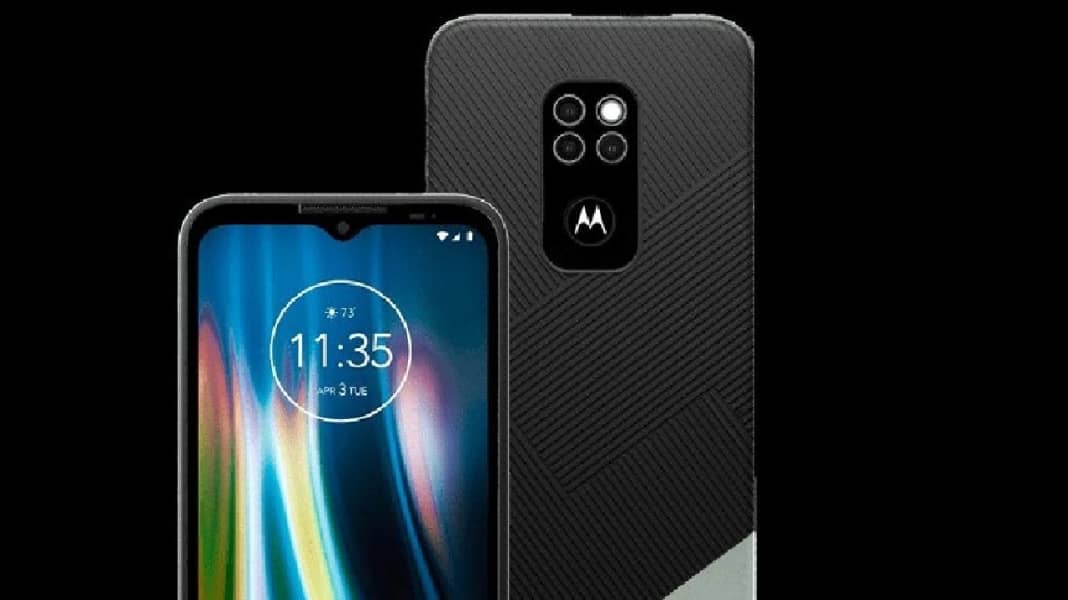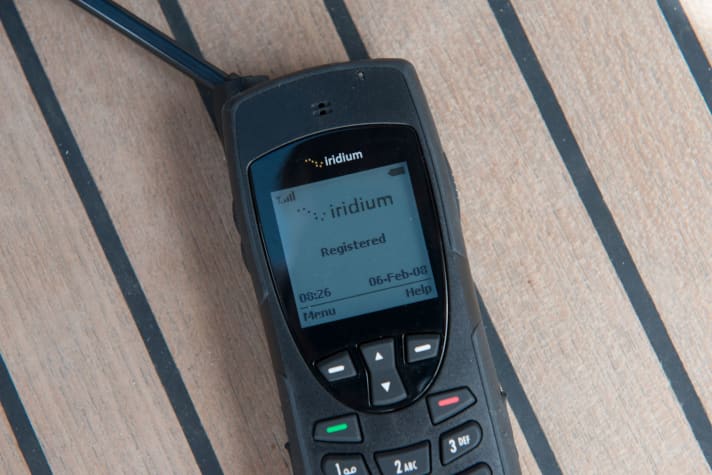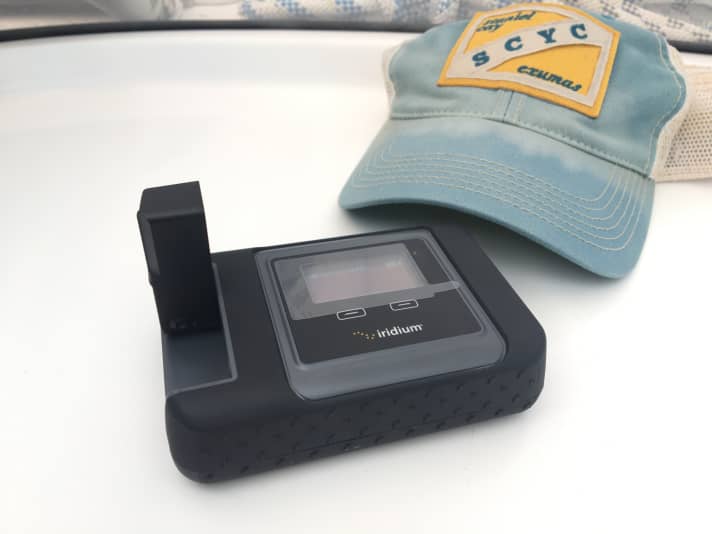
In the race for the best transmission functions outside the mobile phone network, a new standard for smartphones seems to be developing at the same time: After Apple's announcement that the iPhone 14 can now send emergency calls via the Globalstar satellites, Iridium also announced shortly afterwards a Cooperation with a smartphone manufacturer which, according to all indications, is Samsung. At the CES trade fair in Las Vegas, Motorola followed suit and announced a co-operation with the Bullitt Group. The British company has developed a new modem for smartphones that enables communication via the satellite network. However, it is not yet known which satellite service the modem uses.
For many years, Motorola seemed to have little presence on the mobile phone and smartphone market, occupying a niche at best with its heavy-duty phones. In reality, however, Motorola was the pioneer in the development of satellite phones for decades and was barely noticeable to everyday mobile phone users. First and foremost the bestseller 9505, the "portable phone box", which made affordable satellite telephony possible for the average consumer. Motorola built on this success with the 9555 model and shortly afterwards developed the 9575 Extreme, a smartphone that quickly became the mobile phone of choice for expeditions and armed forces around the world thanks to its IP65 certification. Finally, with the Motorola 9560, Motorola created a monument in the satellite phone market: the mobile router is better known as the "Iridium Go!" - and it made communicating and retrieving weather data wirelessly via laptop and smartphone child's play. Many of today's long-distance sailors can hardly imagine the uncertainty and insecurity that ocean crossings used to mean without a satphone.

With the "Defy" smartphone, Motorola is therefore not surprisingly entering a market dominated by Apple and Samsung, but is building on a success story. Although it will not be possible to send images or attachments with the Bullitt interface - unlike Samsung - it will at least be possible to send text and SOS messages.
According to a test report in the specialist magazine "Heise", this requires the download of a new messenger, which can even be used free of charge as long as the mobile phone is in the GSM network. Satellite text messages can be up to 140 characters long and take around 30 seconds to send. If no messenger app is installed on the recipient's smartphone, the message is received as an SMS. However, the app must then be installed in order to reply.

Emergency calls are not automatically forwarded to the relevant authorities, but are received by the two Bullitt centres in Florida or South Africa. Further information about the nature of the emergency is requested via chat before the information is then forwarded to the relevant emergency services.
The prices for the service are also already known: Emergency calls are of course free, messages are available as monthly packages from $4.99 (30 messages/month) up to $29.99 (400 messages). An annual package (250 messages) is also available for 59.99 dollars.
More info:
